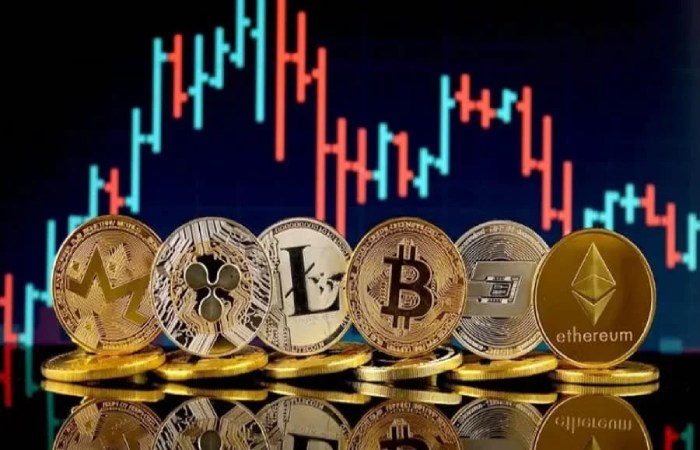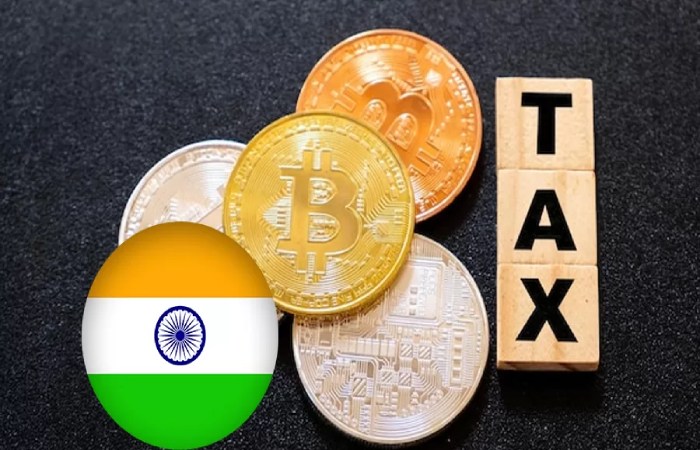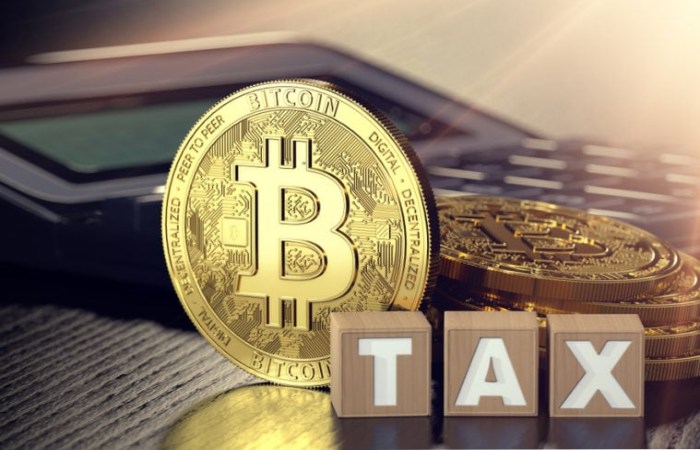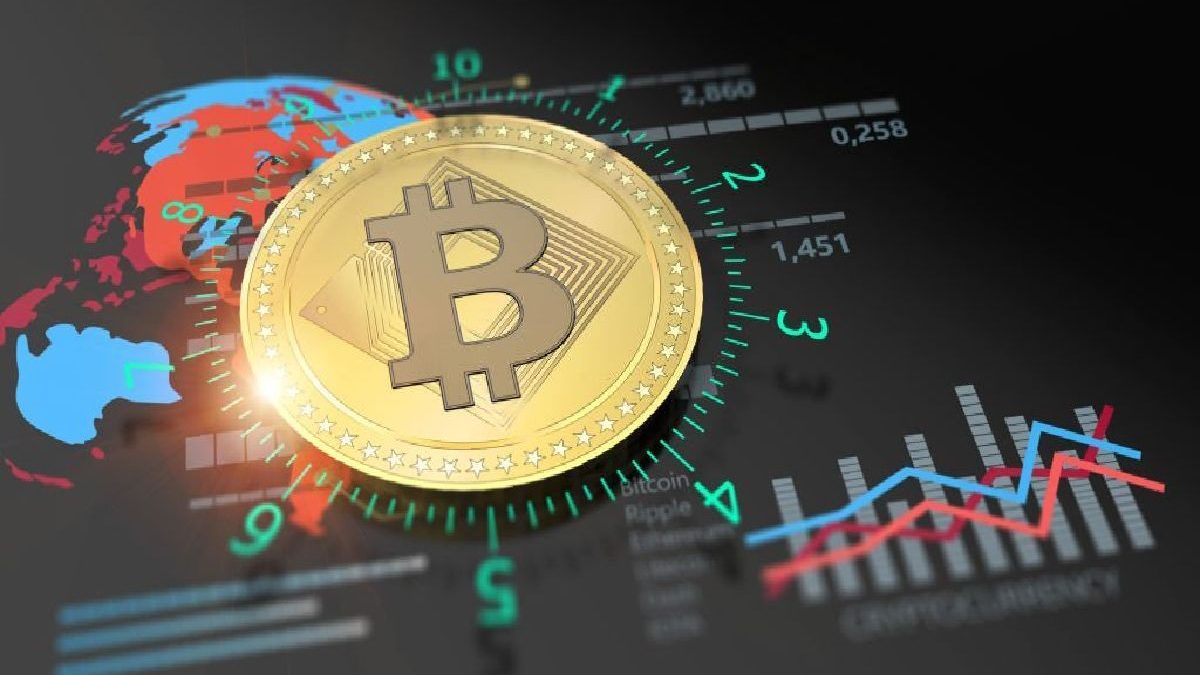Table of Contents
Introduction
Rajkotupdates.news : government may consider levying TDS TCS on cryptocurrency trading -Government may consider levying TDS/TCS tax on buying and selling of cryptocurrencies above a specific limit in the next budget, and such transactions to be brought under the ambit of specified transactions to report to income tax authorities, Nangia Anderson LLP Tax Needed leader Arvind Srivatsan said. He said a higher tax rate of 30 percent should be imposed on income from the sale of crypto, like winnings from lotteries, game shows, puzzles, etc.
Speaking to PTI on the Budget 2022-23, which the government will present on February 1, could be a significant concern for India’s cryptocurrency industry. Srivatsan said that currently, India has the highest number of cryptocurrency holders globally, and the most important number is Rs 10.07 crore. According to a report, the investment of Indians in cryptocurrencies is expected to reach $241 million by 2030.
What are Cryptocurrencies?

Before we discuss “Rajkotupdates. news: Government May Consider Levying Tds Tcs On Cryptocurrency Trading,” it is essential to understand that cryptocurrencies are digital or virtual tokens that rely on encryption to secure and verify transactions. They are autonomous of governing banks and governments.
Bitcoin, Ethereum, and Ripple are some popular cryptocurrencies. A network of computers verifies transactions before they are recorded on a blockchain, a decentralized public ledger. Cryptocurrencies offer benefits such as anonymity, transparency, and low transaction fees. However, they are also subject to price volatility, security concerns, and regulatory uncertainty. Cryptocurrency trading is gaining popularity globally, with millions of investors and traders participating.
Understanding TDS (Tax Deducted at Source) and TCS (Tax Collected at Source)
TDS and TCS are tax collection mechanisms use by the government to track and collect taxes at the source. TDS is a tax deduction at the time of payment, while TCS is the collection of tax by the seller. The government collects these taxes to ensure a steady revenue stream and reduce tax evasion. These taxes apply to various financial transactions, including cryptocurrency trading.
Why TDS and TCS on Cryptocurrency Trading?

The Indian government is reportedly considering imposing TDS and TCS on cryptocurrency trading to address these concerns. TDS is tax deducted based on income, and TCS collects at the start of payment. By imposing TDS and TCS on cryptocurrency trading. The government aims to ensure that taxes are paid on the income generate from these transactions. It will also help in tracking cryptocurrency transactions and identifying any illegal activities.
Has the Government Announced the Implementation of TDS and TCS for Cryptocurrency Trading?

Cryptocurrency trading in India has been shrouded in uncertainty due to the lack of clear regulations from the government on managing and taxing cryptocurrencies. While the Indian Supreme Court circular in March 2020 authorized cryptocurrency trading. It also barred banks from offering services to cryptocurrency businesses.
To date, the government has not establish clear laws and fees that should charge for cryptocurrency trading. The recent news of a possible TDS and TCS levy has only added to the confusion and speculation in the cryptocurrency community. Leaving many traders and investors uncertain about the future of cryptocurrency in India.
In What Manner Will the Tax Be Levied on Cryptocurrency

If the Indian government imposes taxes on cryptocurrency trading. TDS and TCS taxes will be levied on regular profits and capital gains. The following rules will govern taxation on cryptocurrency transactions:
- TDS: If TDS applies to cryptocurrency transactions, the payer will withhold tax while initiating the transaction. The buyer would deduct TDS from the seller’s payment and deposit it with the government. The seller can claim a credit for the tax paid as a TDS amount deducted while filing their tax returns.
- TCS: The seller must collect TCS at the point of sale if it is applicable. If TCS applies to cryptocurrency transactions, the seller would order it from the buyer and deposit it with the government after the trade. The purchaser may claim a credit for the TCS amount paid when filing their taxes. The government’s ultimate decision would determine both scenarios’ TDS and TCS rates.
Taxpayers must follow all applicable TDS and TCS requirements and accurately complete their tax returns to avoid fines or other legal costs.
It’s important to note that taxpayers must report their cryptocurrency transactions and any applicable taxes they owe, such as capital gains tax, on the money they earn from trading cryptocurrencies. Failure to pay the imposed taxes can result in fines and legal consequences.
Problems During Implementation of TDS and TCS on cryptocurrency trading
Implementing TDS and TCS in India’s cryptocurrency trading will be without challenges. The biggest challenge will be identifying the source of income for these transactions. As any centralized authority does not issue cryptocurrencies. Additionally, cryptocurrency exchanges are currently not regulated in India, making it difficult for the government to monitor and control them effectively.
It may be a challenge for the government to identify the source of income for cryptocurrency transactions. Any centralized authority does not issue a cryptocurrency. However, it may be possible to track transactions through exchanges and wallets.
How are Members of the Cryptocurrency Market Responding to These Developments and Uncertainties?
Within the trading community, there has been a lot of discussion surrounding the possibility of the Indian government introducing TDS and TCS taxes on cryptocurrency trading. Some members have expressed their worries about the lack of clear regulations and laws regarding cryptocurrency taxes, which they believe may hinder the growth of the Indian cryptocurrency market.
On the other hand, some traders welcome this news as they believe it will clarify the taxation of cryptocurrency trading. Furthermore, this move may lead to greater legitimacy and investor trust in the cryptocurrency market.
Conclusion
The Indian government’s proposed move to impose TDS and TCS on cryptocurrency trading is a significant development in the country’s approach toward cryptocurrencies. While this may increase the tax compliance burden on traders and investors. It may also bring more legitimacy to the market.
However, implementing these taxes may not be without challenges, and governments will need to find a way to regulate and monitor cryptocurrency exchanges effectively.

